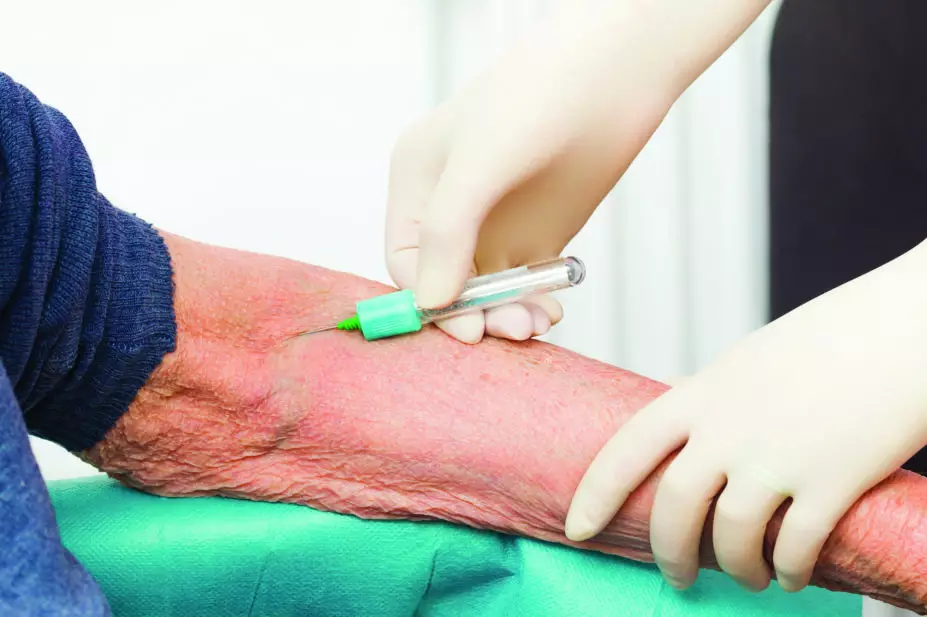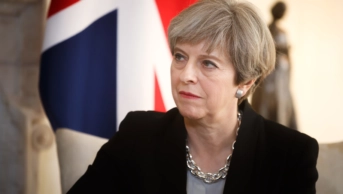
shutterstock.com
Cash-strapped clinical commissioning groups (CCGs) are increasingly pushing GP practices to prescribe and monitor specialist drugs that are outside their area of expertise, without paying for the extra work.
A row about funding of the monitoring of the anticoagulant warfarin has broken out in Essex, prompting the CCG to seek advice from NHS England on who is responsible for the work and how it should be funded — advice that will have ramifications for the rest of the country.
North and South Essex Local Medical Committees (LMCs), which represent GP practices in local negotiations over services, wrote to all practices in Essex in February 2017 to highlight that some Essex CCGs were “suggesting to practices that provision of anticoagulation is part of practices’ core contract” with one not offering any payment and another a fee not even at the level agreed under the original 2004 contract.
The LMCs say that provision of anticoagulation services, such as warfarin prescribing and monitoring “is not part of essential services within the General Medical Services/Personal Medical Services contract,” and that in 2004 it was identified as a National Enhanced Service (NES). Specifications and fees for NESs are agreed nationally and it is up to CCGs to decide whether to commission them from practices.
An update letter from the LMCs to practices in April 2017 says that the BMA’s GP committee supports this view and adds that the Care Quality Commission would expect practices to ensure that an up-to-date international normalised ratio (INR) — a measure of how long it takes blood to clot — “has been done and acted on appropriately, only if they are prescribing the warfarin”.
Practices that have not been commissioned to provide anticoagulation services and have done so at their own expense, “have the right to serve notice to the CCG” because “it is for the CCG to make proper arrangements for provision of treatment to patients,” the LMCs advise.
“If you absorb provision of this service within your everyday work, without it being commissioned, CCGs will feel no urgency in addressing a properly commissioned service.”
Basildon and Brentwood CCG says: “The CCG is taking advice from NHS England as regards the responsibility for prescribing of warfarin. The CCG will await the outcome of this request for advice before considering any required action.”
The LMCs also warned in February that some commissioning groups were “pushing practices to prescribe and take responsibility for drugs traditionally managed in the hospital setting, without provision of education or any additional resource for undertaking this additional work.” Examples of prescribing the LMCs cited that practices may have to take on are: azathioprine, leflunomide, methotrexate, hydroxychloroquine, mercaptopurine and sulfasalazine.
In an update in April 2017, the LMCs said that “given the time that has elapsed, it’s beyond disappointing” that funding had not been resolved.
“If GPs feel unable and underfunded to do the work then they should be able to opt out. It is not the responsibility of the GP to repatriate the patient back to secondary care — just like the funding, this is a commissioning issue,” the LMCs say.
“With no funding attached, the only sensible option would be for practices to consider opting out.”
James Hickling, deputy medical director for NHS England Midlands and East, says: “We recognise there is variation in how primary care services are commissioned, and we support local commissioners having discussions about how they can offer tailored solutions which best meet their patients’ needs.
“NHS England is working with NHS Basildon and Brentwood CCG regarding the responsibility for the prescribing of some high-risk medications.”


